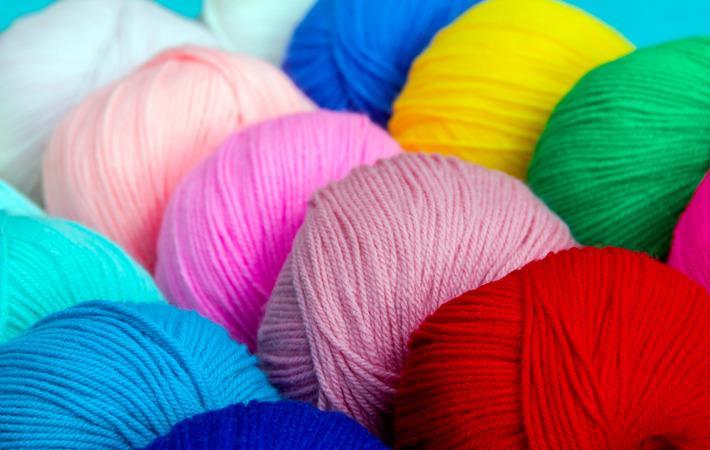Global fibre production, hit by the COVID-19 pandemic, decreased from 111 million tonnes (MT) in 2019 to 109 MT in 2020 after years of growth, according to the Preferred Fiber & Materials Market Report 2021. While it is not yet clear how the pandemic and other factors will affect future development, production is expected to rise by 34 per cent to 146 MT by 2030 if the industry builds back business as usual, it said.
The overall fibre and materials market continues to grow.Global fibre production decreased from 111 million tonnes (MT) in 2019 to 109 MT in 2020 after years of growth, according to a market report. While it is not yet clear how the pandemic and other factors will affect future development, production is expected to rise by 34 per cent to 146 MT in 2030 if the industry builds back business as usual, it said.#
The report was recently released by global non-profit Textile Exchange, whose members span 15 nations.
While the overall fibre production declined in 2020, the market share of preferred fibre and materials is increasing. But even with this growth, preferred fibres still only represent less than a fifth of the global fibre market.
This number includes—in descending order—recycled polyester (8.4 MT), preferred cotton as defined by a list of recognised standards (7.8 MT), FSC/PEFC certified man-made cellulosic fibres (nearly 3.9 MT) and other recycled and bio-based fibres produced according to recognised standards (0.57 MT).
The market share of recycled fibres increased from 6.9 per cent in 2016 to 8.1 per cent in 2020, with the majority (7.6 per cent) coming from recycled PET bottles and only a minor part (0.5 per cent) from other recycled feedstock.
Overall, less than 0.5 per cent of the global fibre market was from pre- and post-consumer recycled textiles in 2020.
The global fibre production has almost doubled in the last 20 years from 58 MT in 2000 to 109 MT in 2020.
In absolute numbers, virgin fossil-based fibres also increased from 55.7 MT in 2016 to 59.7 MT in 2020.
While overall cotton production remained relatively stable over the last few years with a production volume of 26.2 MT in 2020 (i.e., the 2019/20 ICAC harvest year), the market share of preferred cotton increased from 24 per cent in 2018-19 to 30 per cent in 2019-20, the report said.
With a production volume of 57 million tonnes, polyester was the most used fibre accounting for 52 per cent of the global fibre market in 2020. The market share of recycled polyester increased from 13.7 per cent in 2019 to 14.7 per cent in 2020.
Due to low prices of fossil-based polyester, the recycled polyester market has been growing slowly in the past years. The new 2025 Recycled Polyester Challenge was launched in 2021 by Textile Exchange and the UN Fashion Industry Charter for Climate Action to accelerate the recycled polyester market.
By July 2021, over 100 brands and suppliers (including subsidiaries) signed the challenge and committed to jointly increasing the share of recycled polyester to 45 per cent by 2025.
Due to increasing competition for reclaimed plastic bottles from the packaging and plastics industry, systems for textile-to-textile recycling are in development but most recycled polyester is currently still made from plastic bottles.
The interest in and use of ocean or ocean-bound plastic is also increasing.
The market share of biobased polyester fibre remained very low at around 0.03 per cent of the polyester fibre market. Key reasons are prices, availability and also questions around the sustainability of bio-based polyester.
Polyamide (nylon) had a market share of 5 per cent of the global fibre market in 2020. Due to technical challenges and low prices for fossil-based polyamide, the market share of recycled polyamide is only 1.94 per cent of all polyamide fibre.
Most recycled polyamide is currently made from pre-consumer waste, some also from discarded fishing nets. Increasing the use of post-consumer textiles is needed, the report said.
The market share of bio-based polyamide fibres in 2020 remained low at around 0.4 per cent of the global polyamide fibre market.
Production of man-made cellulosic fibres (MMCFs) decreased to 6.5 MT in 2020 due to COVID-19. While the overall production volume of MMCFs decreased, the market share of preferred MMCFs increased.
The market share of recycled MMCFs is estimated at around 0.4 per cent. However, it is expected to increase significantly in the following years, the report added.
Fibre2Fashion News Desk (DS)
